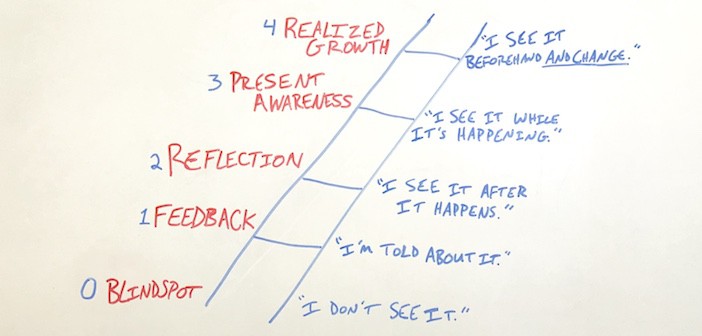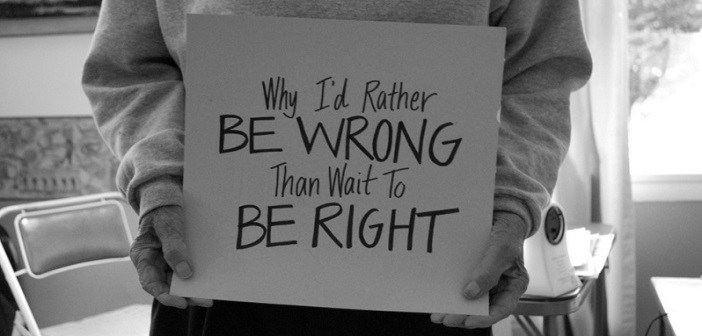If there’s one leadership principle that we can all agree upon, it’s this: You are the best leader you know. If we were each just given the opportunity to be the point person in our organizations, they would all be significantly improved. While considering that principle with even the slightest hint of rationality allows us all to recognize the fallacy of it, we can”t deny that we are tempted to live according to it on a daily basis.
But none of us is the best leader we know. And most of us aren’t the point persons of our organizations. Yet even if equipped with just a basic understanding of leadership, we each are able to quickly recognize poor leadership decisions made by those above us. So how do we respond to those decisions?
Our natural response to poor leadership decisions is to raise the awareness of those around us to those poor decisions. Assuming ourselves to have any level of organizational influence, those around us will likely buy into the things we are saying, causing them to share in frustration toward the point leader. People tend to rally around things they dislike just as quickly as they rally around things they like. This results in ourselves being placed in a position of organizational influence, being at the center of this shared dislike for poor leadership.
Unfortunately, many will create dissension for leadership in order to place themselves in an informal leadership position, attempting to build a trampoline out of dissatisfied individuals from which to jump a few rungs of the organizational ladder. If your personal success is defined by your position, then creating this disdain for poor leadership is the perfect move for you. But if your personal success is defined by your contribution toward helping the organization achieve its goals, creating dissension for leadership is detrimental to achieving that success. Because to create this dissension is to place yourself in an informal leadership position at odds with those defining the organization’s goals.
If you want to affect the way your organization is led, be the first to follow its leadership. Support the point leader’s decisions, good and bad, simply because they are his or her decisions to make. In doing so you will do two things:
1. You will set an example for unity within the organization. This unity will help ensure that only one set of organizational goals is pursued.
(And more importantly to this topic…)
2. You will earn the trust of the point leader. This trust will give you opportunities to influence this leader, who is in fact the best initiator of the organizational change you desire. Always remember, the first follower is closest to the leader.
Instead of creating dissension by sharing your frustration regarding poor leadership decisions with those who cannot do anything about it, be the first follower, allowing you to develop an influential relationship with the person who can.



